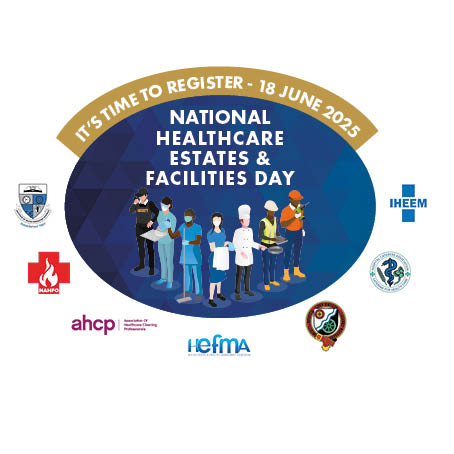NHS provider Trusts in England are in the midst of the worst deterioration in their financial health in a decade, with Trusts in the North West and Midlands, some of the areas of greatest deprivation recording the deepest overspends last year.
A new analysis from Nuffield Trust finds that in 2023-24 the sector as a whole reported a £1.2bn overspend, leaving it in as precarious a position as it was in immediately prior to the pandemic.
While overall deficits are not as high as the records of 2015/16, when overspends concentrated in the acute hospital sector led to a £2.2bn shortfall, this time they are spread across almost all provider types, including acute, ambulance and mental health Trusts. The Nuffield Trust says this suggests a wider financial problem for policymakers to tackle in the forthcoming spending review.
Key findings from the analysis
• When the effects of an accountancy change are removed, NHS providers ended the 2023-24 financial year £1.2bn overspent, doubling the level of overspend of the previous year, after modest surpluses in 2020/21 and 2021/22
• Acute hospital Trusts still report the deepest revenue deficits (overspends of 1.2% of revenues overall), but the steepest declines since 2019/20 have been in specialist, ambulance and mental health sectors, with the latter two falling into the red after previously reporting surpluses
• Regionally, the deepest deficits are in the North West (2.2% of revenues) and the Midlands (1.5% of revenues) which, along with the North East and Yorkshire have also seen the steepest declines in financial health since 2022/23
• Acute hospital Trusts serving the most deprived patients experienced the steepest declines in their finances in the year to 2023-24, while those serving the smallest proportions of deprived patients experienced modest improvements
• While not directly comparable with full-year figures, the latest NHS England board report revealed a £1.6bn deficit in the Trust sector by the end of December, suggesting the situation has worsened over this financial year.
Commenting on the data, Nuffield Trust Senior Policy Analyst Sally Gainsbury says: “These findings reveal just how fragile the financial health of the NHS is, which should sound alarm bells over the government’s promise of extensive reforms but with no new money to pay for them.
“The government says it wants to shift care out of hospital but also dramatically reduce waiting times. With over six million people on an NHS waiting list – many of them needing treatment in a hospital – it is not realistic to assume expenditure on acute hospitals can just be switched to expand other services such as community and mental health care. Those services do need to be adequately resourced, but the funding for that cannot be found by robbing Peter to pay Paul.
“Particularly concerning is the finding that NHS Trusts serving the most deprived populations have been experiencing the steepest deterioration in their financial health. It is well known that people living in poverty have poorer health, more complex conditions and die younger. A strategy that targets investment in these areas, rather than allowing it to flow away from them, is needed to reverse these worrying trends.”











